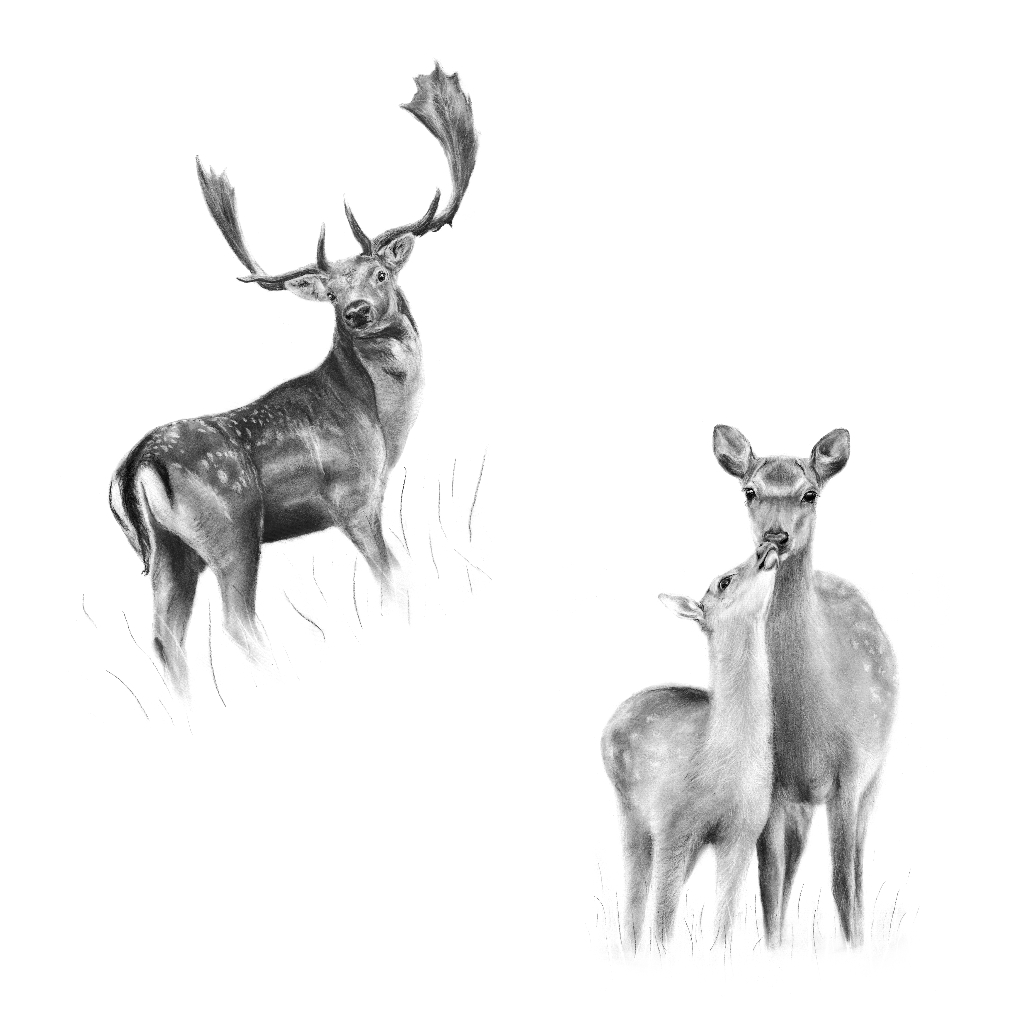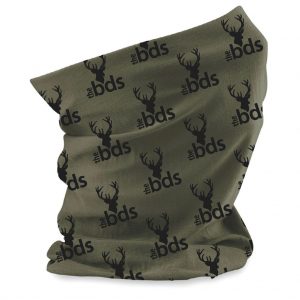Tick-borne Encephalitis Virus: More Samples Please
Share article:
PHE researcher Maya Holding explains:
Tick-borne encephalitis virus (TBEV) was detected in the UK for the first time in 2019. Many BDS members had a vital role in this discovery through their participation in our 2018-19 deer serosurveillance study investigating the presence of tick-borne viruses in the UK which resulted in this finding. We really appreciate all of the help from those who have previously taken part in the study and all of the members who are currently participating in the subsequent follow-up study.
These samples allow Public Health England (PHE) to conduct research to increase understanding of the prevalence and distribution of TBEV in the areas where we have currently detected the virus and to continue to monitor for any potentially emerging areas elsewhere in the UK.

In order to answer these important questions, we again need the help of deer stalkers across the UK.
We are asking deer stalkers to collect blood and where present, tick samples during gralloching, from any deer that they are routinely culling up until the end of 2020. We are looking for samples from any deer species and both sexes, from anywhere in the UK. Those who wish to partake in the research will be provided will full information packs and equipment needed to collect and post the samples. Without the help from the deer stalking community, this important public health research would not be possible.
Samples will be tested for evidence of infection of TBEV with individual results and an overview report being provided at the end of the study to those who participate. The results will be published in peer reviewed journals and the identity of sample source anonymised.
If you are interested in participating in the study, please contact maya.holding@phe.gov.uk











